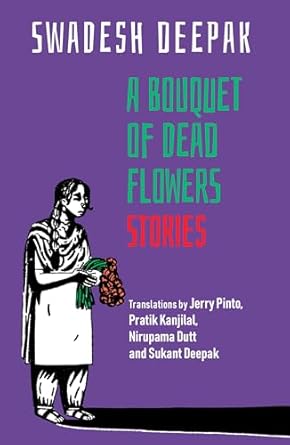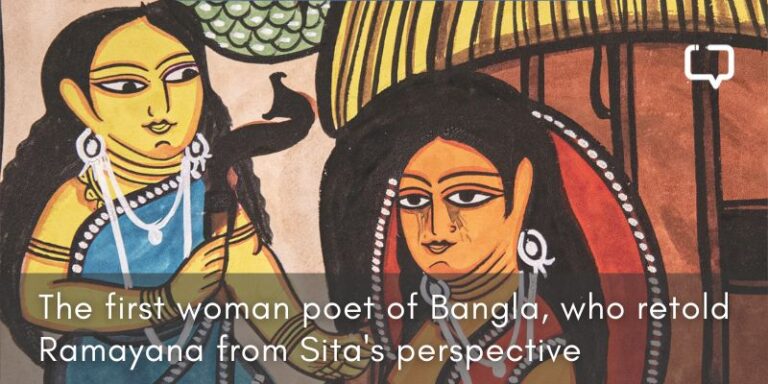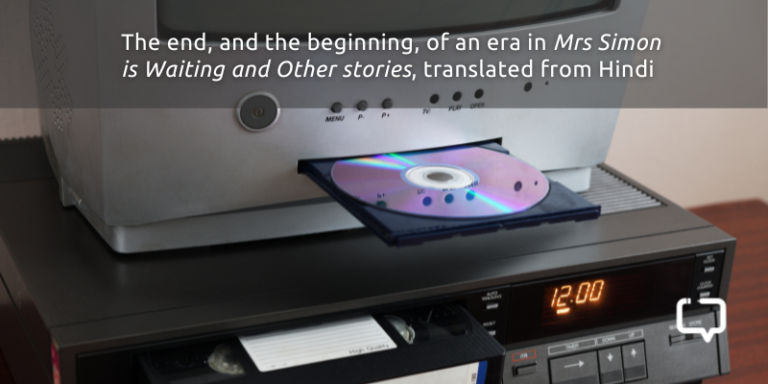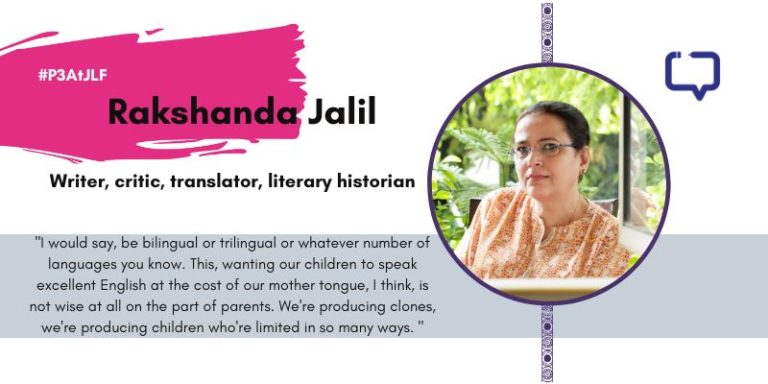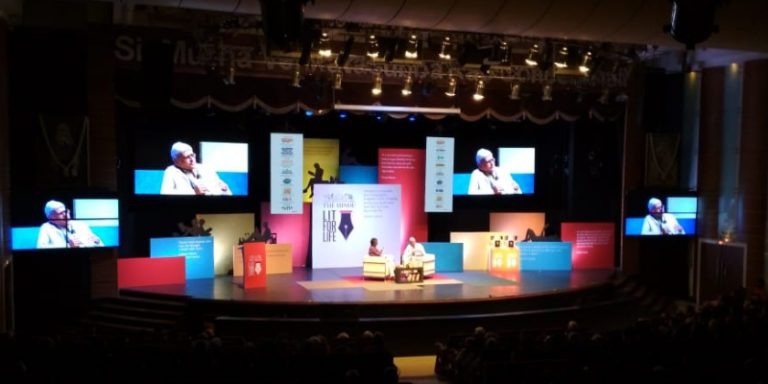A Bouquet of Dead Flowers is a collection of ten Hindi to English stories by Swadesh Deepak, translated by Jerry Pinto, Pratik Kanjilal, Nirupama Dutt and Sukant Deepak. This story collection is the second work by Deepak to appear in English after Maine Mandu Nahi Dekha (I Have Not Seen Mandu), a memoir which described the author’s seven years-long battle with mental illness.
A Bouquet of Dead Flowers are tales that leave an impact on the reader, and on the whole. Readers might find it difficult to read it in one go and feel the need to come out of the narrative world of Deepak from time to time. It’s a world that’s mostly bleak and fragmented, the kind where even love cannot penetrate the darkness or break the shackles that surround the characters inhabiting that twilight domain.
Hindi to English stories: Narrating a world of two
Relationships between men and women often form the central figure of these Hindi to English stories. These men – but also almost always women – make place for themselves in the reader’s imagination after their story is over and one moves on to reading the next.
The complex, incomplete, hopeless, multifaceted relationships between those who pine for each other but can never fulfil their desires become a key theme in many stories. Name a Tree, Any Tree; Horsemen; Dead End and Dread – all pay homage to this theme of longing and the incapability of love to overcome all barriers. In Deepak’s world, there is no hope of ever-lasting togetherness and no final closure comes except the final parting brought by death in stories like Dread and Name a Tree, Any Tree.
Balance is a facade
The world of these stories always gives the impression of imbalance, of being on the verge of being toppled over at the slightest nudge. There seems to be disorder waiting at the boundaries quietly, biding its time before it can reign supreme.
Sometimes it wins, like in Horsemen, while other times, as in the story Jungle, this disorder retreats, but retreat as just a tactical manoeuvre, a feeling that darkness is only biding its time.
Many of these stories unfold in places assailed with cold weather, icy winds and tend to begin with a character waiting at the airport, taxi stand or railway station. This sense of waiting and never really reaching the right destination even when one knows its address is also a key theme in the collection’s stories.
And while it’s men like Sukant, Ajay, Naveen seem to live on borrowed time, it’s the women who are almost always left waiting. From Maya Bakshi to Nimmi to Sunila to the narrator’s mother Shobha in Pears from Rawalpindi who lies on deathbed hoping to taste pears, they are all doomed to the curse of waiting indefinitely.
Hunger and The Child God – the stories that bookend the collection – are disturbing and hard hitting for reasons of their own. Using children as protagonists in these stories, Deepak paints a world of brutality that doesn’t care before leashing its fury on the central figures.
The protagonists of these stories inhabit a world that neither thinks nor cares about misusing their innocence and doesn’t hesitate to crush them before they can even bloom. The only story which differs from all the others in tone, theme and treatment is No News of Untoward Events, a satirical take on politics and bureaucracy.
Although Deepak’s writing style is mostly easy to grasp, it reminds one of the existential, modernist writers in some of his stories like Horsemen and even Name a Tree. Jerry Pinto’s Introduction adds value to the book for a reader coming to Deepak’s work for the first time and though it might contain slight spoilers, it wouldn’t be a bad idea for a reader to begin this collection from this point onward.
Best quotes from short stories
He closes his eyes to focus better. He brings all his mental faculties to bear but the phrase is unyielding. He admits defeat. He learns in that moment that there are some words whose essence will always elude us, will always hover just out of reach, and like a honeybee, they will buzz around our ears, never wandering too far, never getting close enough to catch.







